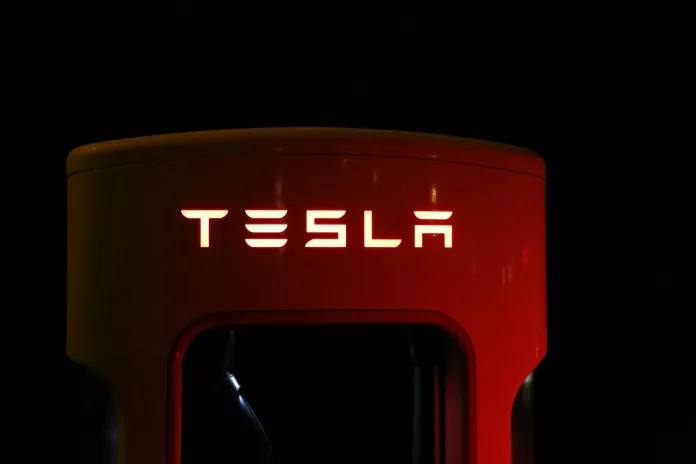Tesla Supercharger stations are bustling hubs where electric vehicle owners power up their cars, but sometimes they become too crowded. A video by Out of Spec Dave offers a glimpse of the ingenuity and goodwill of drivers when confronted with a packed station. While it’s heartening to see people collaborate, the lack of a formal system to handle queues can cause confusion and frustration, emphasizing the need for better-planned solutions.
The Power of Community in Queue Management
One captivating story highlighted in the video features a driver’s encounter at a Supercharger during the solar eclipse traffic rush. Surprisingly, an impromptu queuing system had materialized, managed by volunteers, where each driver was given a number indicating their position in line. With drivers’ willingness to participate in this makeshift solution, the queue grew to over a hundred cars, showcasing the community’s ability to self-organize even in the absence of an official procedure from Tesla.
Innovative Solutions to Supercharging Lines
The video further discusses innovative solutions to streamline charging queue management. These could involve using navigation data to assign numbers to drivers before arrival or implementing geofencing technology where cars automatically receive their queue position. Such features would simplify the queuing process and minimize the uncertainty and potential conflict at busy Supercharger locations.
Adapting to Diverse Charging Environments
Charging stations differ widely in their layouts and constraints. For sites with limited space in shared lots, a virtual queue system may be the most viable option. Meanwhile, dedicated charging parks could benefit from structured lines for various chargers or even allow drivers to pay extra to expedite their charging time. These strategies can balance demand, generate additional revenue, and offer prioritized service to those with urgent needs.
Membership Benefits and Charging Etiquette
Charging networks could leverage queue systems to favor their members or the vehicle brand they’re associated with, potentially adding a layer of exclusivity or incentive for customer loyalty. Additionally, encouraging drivers to unplug at 80% charge could enhance station availability. This could entail a more nuanced pricing structure or smart navigation integration that prompts drivers only to charge as much as needed for their journey.
The Challenge Ahead for Charging Providers
While creative solutions abound, the responsibility ultimately falls on charging companies to institute effective queuing systems. Rural locations might not face the same urgency, but for repeatedly congested stations, having an actionable strategy is crucial. As electric vehicle adoption accelerates, the need for well-designed queue management is becoming essential to support a smooth and efficient charging experience.


























